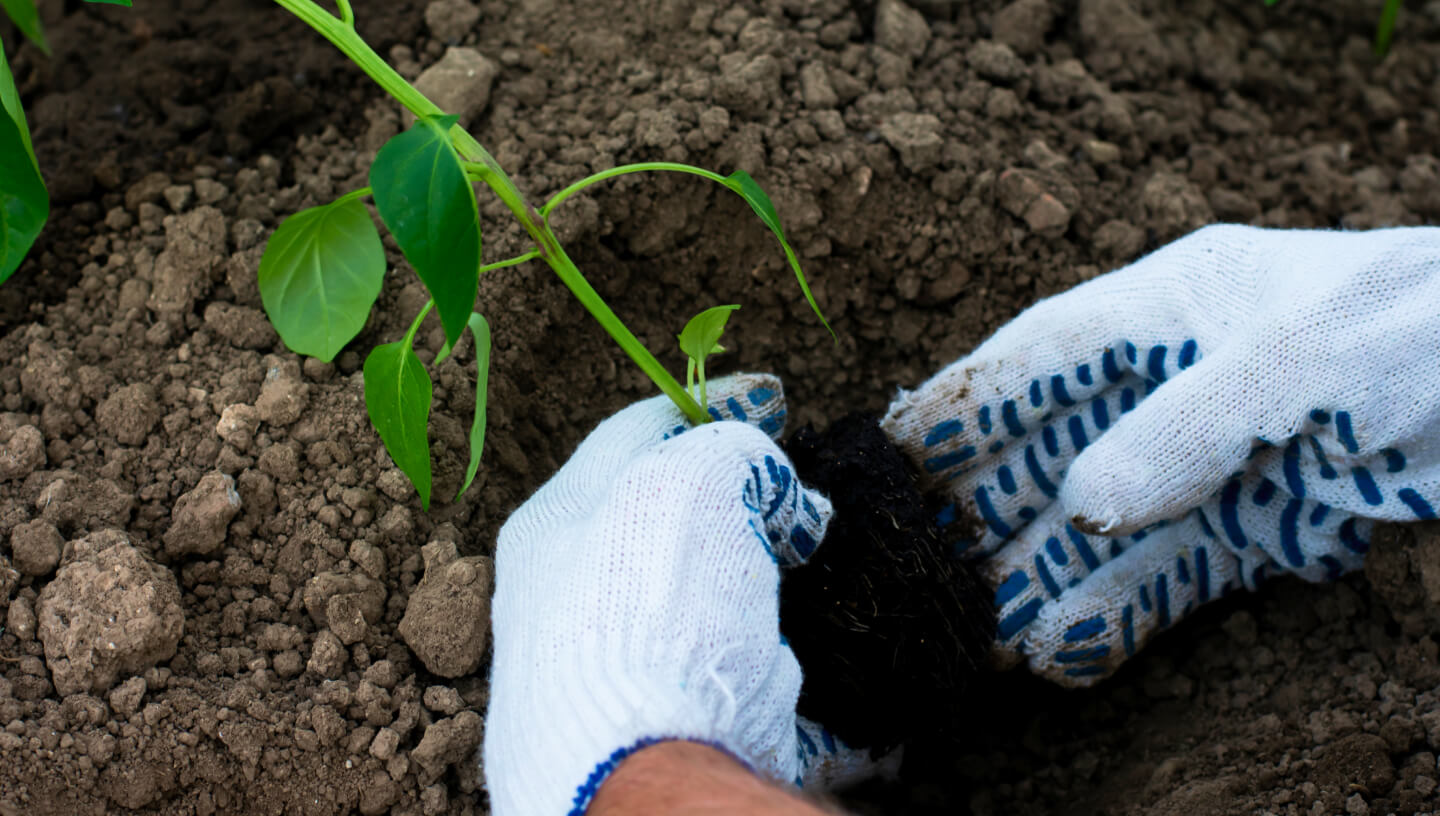 Photo by: Leisan Rakhimova / iStock
Photo by: Leisan Rakhimova / iStock
Food waste, unlike plastic, is often treated as a harmless fraction and compared to compost. But it should be understood that, exposed to temperature, they become a source of unpleasant odours and leachates that contaminate the soil.
Also, food waste in landfills attracts birds, which cause considerable damage to agricultural fields, warehouses, pollute and destroy architectural monuments, spread infectious diseases, and disturb local residents.
And if nothing is done about organic waste, there is no way to reduce the number of landfills, as the volume of food waste in the total mass of solid municipal waste generated is increasing.
Recycling food waste into soils is much more attractive and useful than the now common practice of generating soils that are not needed in such large quantities. These can come from unsorted or poorly sorted MSW, which is a mixture of plastic toothpaste tubes, syringes and other plastic waste with compost.
However, it is crucial to separate food waste streams from other waste, as was the case in the USSR. It is unlikely to grow crops in such a soil, but it can be used to backfill urban land, which is rapidly disappearing as a result of urbanisation.
Cover photo: Lya_Cattel / iStock








Comments